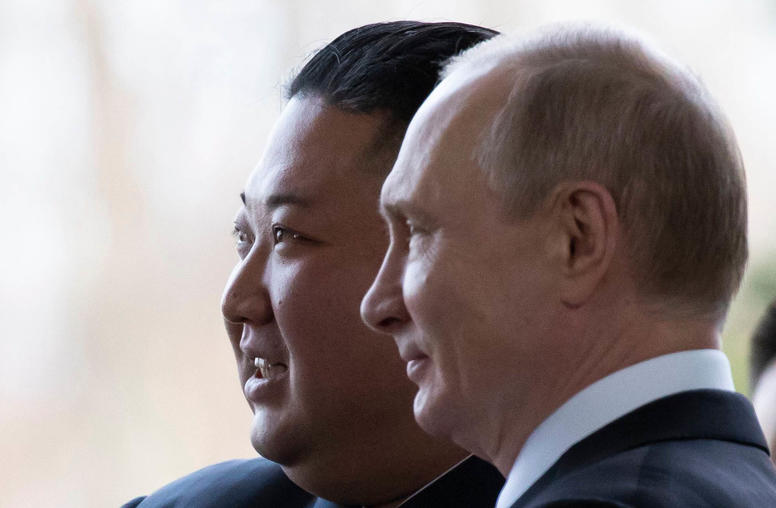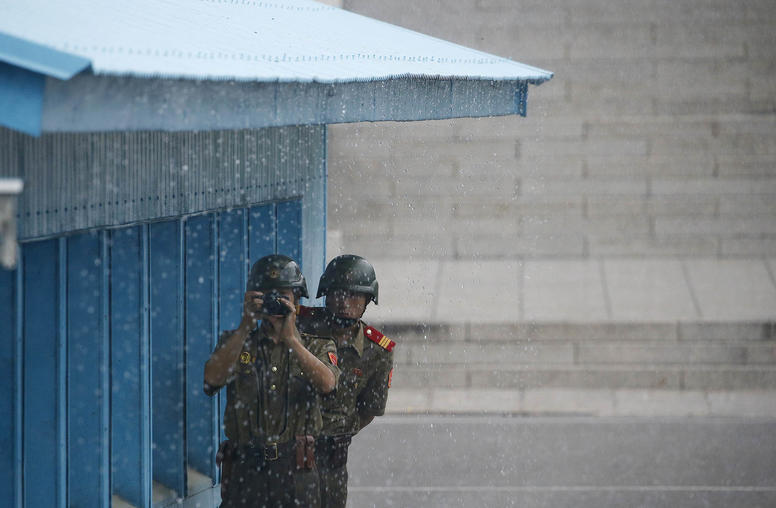North Korea and the Fine Print of a Deal: A View from Congress
A Bipartisan Congressional Dialogue Featuring Representatives Ted Lieu (D-CA) and Steve Russell (R-OK)
Read the event coverageThe United States is engaged in high-stakes negotiations with North Korea over its nuclear program as the White House prepares for the summit between President Trump and North Korean leader Kim Jong-Un. But nuclear capabilities and missiles are not the only items on the negotiating table. An eventual settlement could include some difficult concessions and require significant oversight and legislative action on the part of Congress. In addition to a potential restructuring of U.S. forces in South Korea, a grand bargain could result in a range of due-outs for Congress, from sanctions relief and economic incentives to multilateral political arrangements.
Both Members of Congress and military veterans, Representative Ted Lieu (D-CA) and Representative Steve Russell (R-OK), examined the importance of this ongoing diplomatic effort, possible outcomes of negotiations, and the role they hope Congress plays in the coming months at USIP’s third Bipartisan Congressional Dialogue on May 22.
Speakers
Rep. Steve Russell (R-OK)
5th Congressional District of Oklahoma, U.S. House of Representatives
@RepRussell
Rep. Ted Lieu (D-CA)
33rd Congressional District of California, U.S. House of Representatives
@RepTedLieu
Nancy Lindborg, moderator
President, U.S. Institute of Peace
@NancyLindborg



